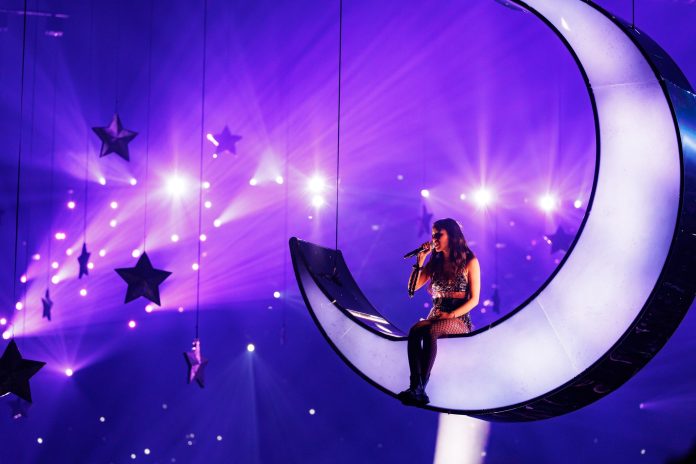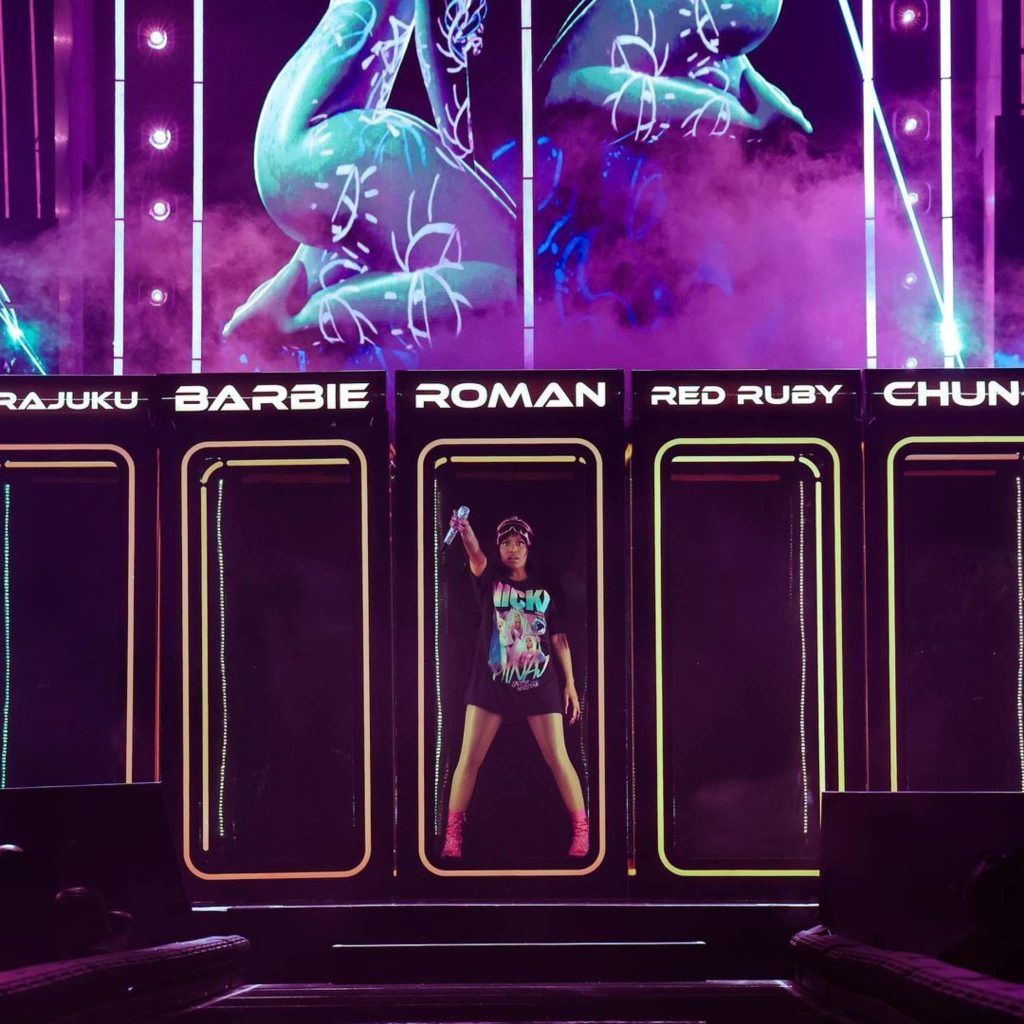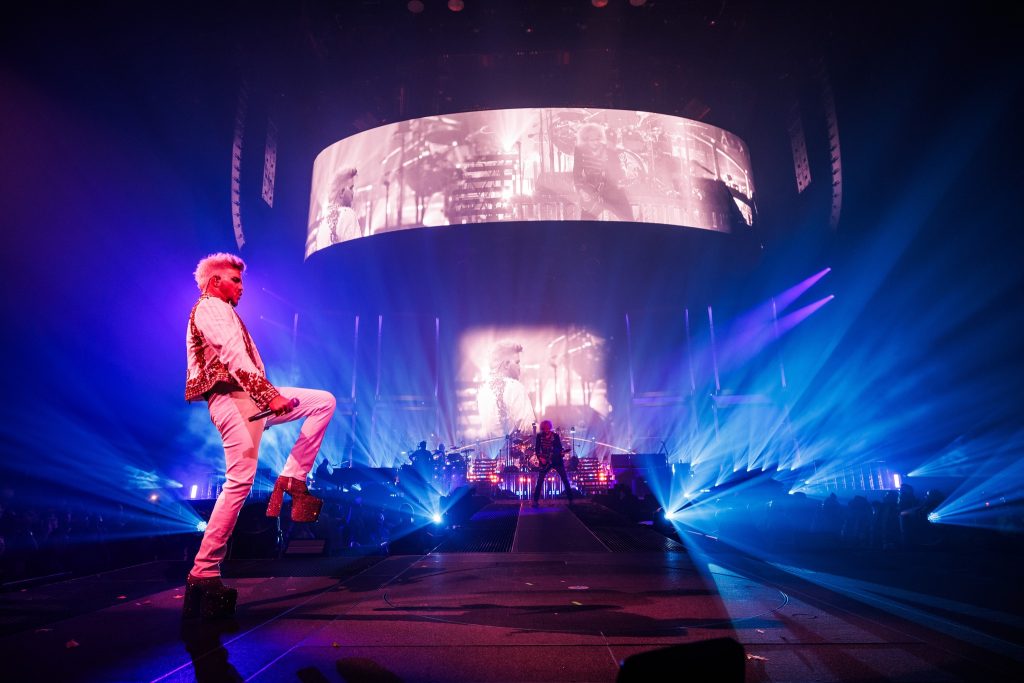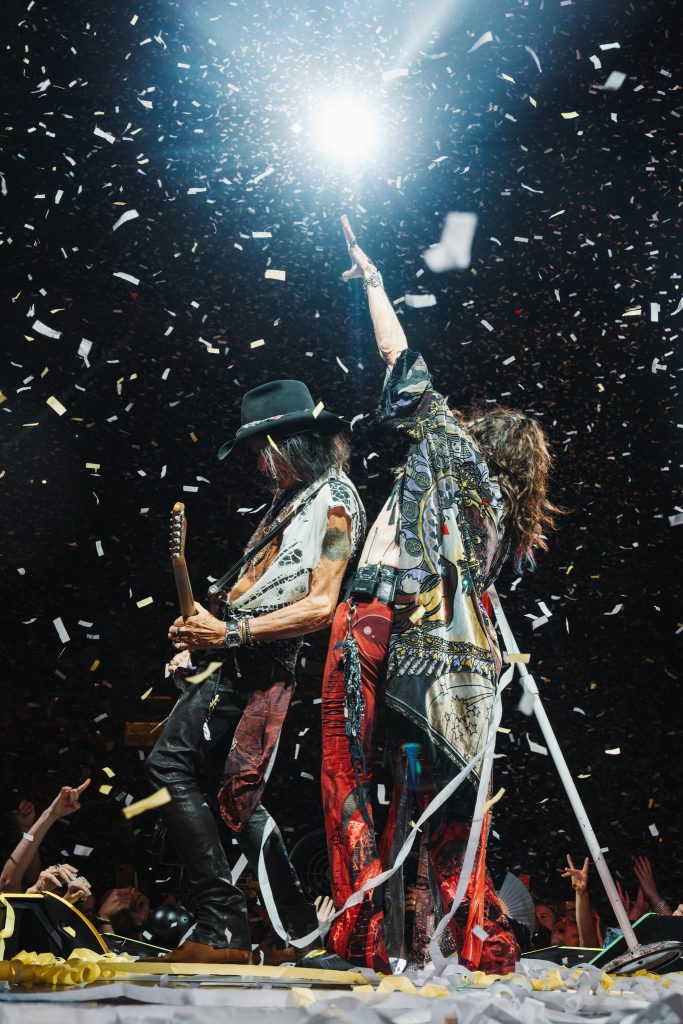
Live Nation, the live music giant, has retaliated against claims that Ticketmaster (ticketing portion of the company) is the culprit of the price gauging in current event tickets. Moreover, these claims argue that its dominance in the industry is the cause of the increased ticket prices.
In a lengthy statement published on March 4th, the company emphatically denies any association with the escalating cost of concert tickets. The 2,800-word blog post blames a range of external factors, including the artists themselves, the venues hosting the events, and secondary ticketing platforms.
“Tickets are actually priced by artists and [sports] teams. It’s their show, they get to decide what it costs to get in. The NFL tickets on Ticketmaster were priced by the home teams, concert tickets were priced by the performer’s business teams, Monster Jam tickets were priced by its producer (Feld Entertainment), and so forth,”
Live Nation
This focus comes after years of Live Nation and its subsidiary, Ticketmaster, being central figures in concerns over potential monopolies and unfair practices within ticketing. Notably, the 2010 merger of these two entities further intensified these anxieties. Last November, the company was subpoenaed in a US Senate probe over “exorbitant ticket prices,” and the company is the target of an ongoing antitrust probe by the US Department of Justice.
Democratic Sen. Richard Blumenthal said in November: “American consumers deserve fair ticket prices, without hidden fees or predatory charges. And the American public deserves to know how Ticketmaster’s unfair practices may be enabled by its misuse of monopoly power,”
The company suggests that some criticism is a result from genuine misunderstandings. This, in the sense that people do not know how live concert ticketing works, and the role of Live Nation as an events promoter.
“NOWADAYS, IT’S COMMON FOR TOP ARTISTS TO GET 90% OR MORE OF THE NET TICKET REVENUES. THE PROMOTER GETS ONLY WHAT REMAINS AFTER THE GUARANTEE, OTHER SHOW COSTS, AND THE ARTIST’S PERCENTAGE HAVE BEEN PAID OUT.”
Live Nation mentioned that promoters guarantee performers a certain percentage of money for an event. And while they do not set ticket prices, they pay attention to pricing.
“Think about a simple guarantee to an artist of $100,000 for one show at a 5,000 seat venue: there is no way for a responsible promoter to offer that guarantee without at least a general understanding of what those 5,000 tickets will sell for,” it said.
The company argued that the additional fees are necessary for venues and ticketing companies to recover their costs. Accordingly, they receive decreased revenue from the face value of the ticket. Live Nation said its take is typically 5%-7% of the face value of the ticket. Live Nation included that artists and venues earn the majority of the revenue from ticket sales and service charges, respectively.
“Nowadays, it’s common for top artists to get 90% or more of the net ticket revenues.” it explained. The company says that concert promoter, offer proposals to artists. However, the final pricing decision rests with the artist and their team. Live Nation attributes high ticket prices to factors like strong demand for popular artists. Another factor is the growing trend of concerts becoming premier “experience goods.”
The company highlighted the fact that artists now rely more on touring income. This is due to the decline in record sales as a result of streaming. This, according to Live Nation, potentially influences pricing strategies. Live Nation also suggests that online resale platforms like StubHub have influenced artists’ pricing strategies.
Live Nation concludes its explainer by stating that claims attributing high ticket prices to their dominance are “just flat wrong”. The company claims such statements aim to “rile up fans” and disregard the complexities of the industry. The company recently described 2023 as its “biggest year ever” . It reported a 36% YoY jump in full-year revenue to $22.7 billion. The company also noted that over 145 million fans attended over 50,000 of its events last year.
CEO Michael Rapino said during an earnings call that the company was “actually surprised and thrilled” that its all-in ticket pricing is a success. Rapino predicted that all-in pricing will eventually become a matter of law. (Source)








